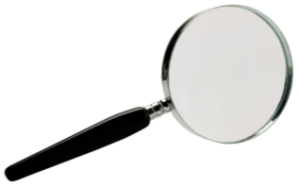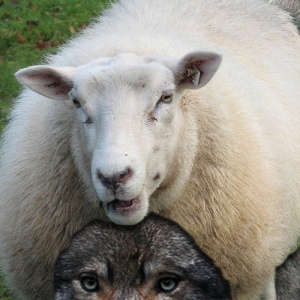The Ugly Publisher not only treats authors badly, but does so with malice aforethought. The Granddaddy of ugly publishers is Author Solutions. Our August post Beware the Wolf in Sheep’s Clothing, made it clear that discovering the underlying publisher is not always easy. Author Solutions has a gazillion imprints, and many of them are associated with otherwise legitimate publishers.
Dr Judith Briles, in her excellent blog The Book Shepherd, says the following: “Author Solutions has gotten into bed with Hay House (Balboa Press), Thomas Nelson (Westbow Press), Simon & Schuster (Archway Publishing packages start at $1599 and can go up to $24,999), Guide Post/Writers Digest (Abbott Press) and others. With Penguin recently acquiring Author Solutions, who knows what Penguin will turn over from their slush/pass piles to Author House to ‘follow up’ on.”
http://thebookshepherd.com/ripsoffs-scams-and-authors-oh-my.html
According to Publishers Weekly, the class action suit filed against Author Solutions in spring of 2013, “alleges that Author Solutions misrepresents itself as an independent publisher, luring authors in with claims of ‘greater speed, higher royalties, and more control for its authors,’ and then profits from ‘fraudulent’ practices, including ‘delaying publication, publishing manuscripts with errors to generate correction fees, and selling worthless services, or services that fail to accomplish what they promise.’
In the initial complaint, three named plaintiffs (Kelvin James, Jodi Foster, and Terry Hardy) detail their experiences of paying thousands of dollars, and being upsold into ‘developmental’ packages for editing and marketing services which either “did not materialize, or provided subpar service, while generating fees for Author Solutions.’” http://www.publishersweekly.com/pw/by-topic/industry-news/publisher-news/article/62144-pretrial-schedule-proposed-in-author-solutions-case.html
Mark Coker, founder of Smashwords, called Author Solutions one of the companies that put the “V” in vanity. Author Solutions earn 2/3 or more of their income selling services and books to authors, not selling authors’ books to readers. http://www.adweek.com/galleycat/smashwords-founder-criticizes-penguin-author-solutions-acquisition/55998 For anyone not familiar with Smashwords, Bowker named Smashwords the largest publisher for indie e-books in its latest report “Self-Publishing in the United States, 2007-2012,” after publishing about 90,000 e-books in 2012. http://www.teleread.com/smashwords/smashwords-named-top-indie-e-book-publisher-createspace-tops-in-combined-print-and-digital/
In conclusion: DO YOUR HOMEWORK before you choose a publisher.
NEXT: WHERE TO LOOK FOR ANSWERS




 Traditional Publishers are considered the Gold Standard, the pot of gold at the end of the rainbow for any author. And they are usually just as elusive as the legendary pot of gold.
Traditional Publishers are considered the Gold Standard, the pot of gold at the end of the rainbow for any author. And they are usually just as elusive as the legendary pot of gold.